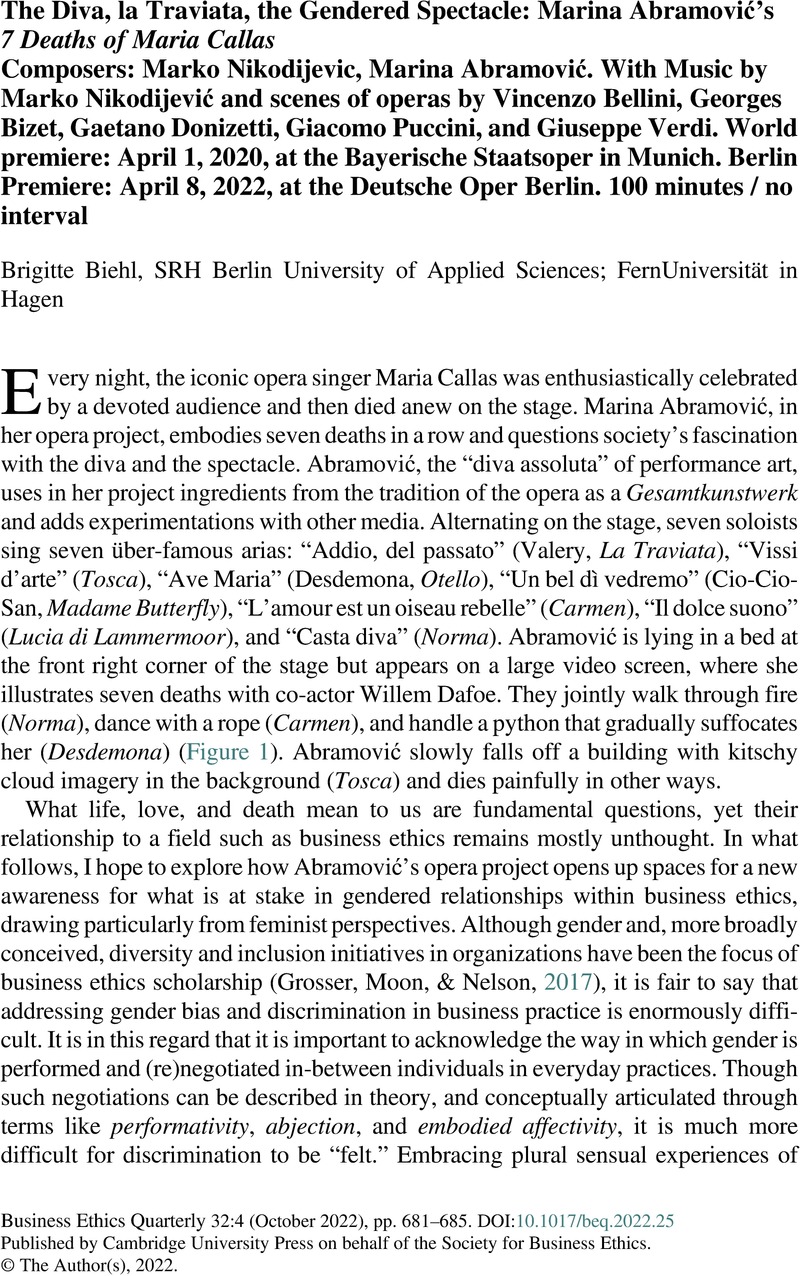Crossref Citations
This article has been cited by the following publications. This list is generated based on data provided by Crossref.
Biehl, Brigitte
2023.
Gender und Leadership.
p.
13.



